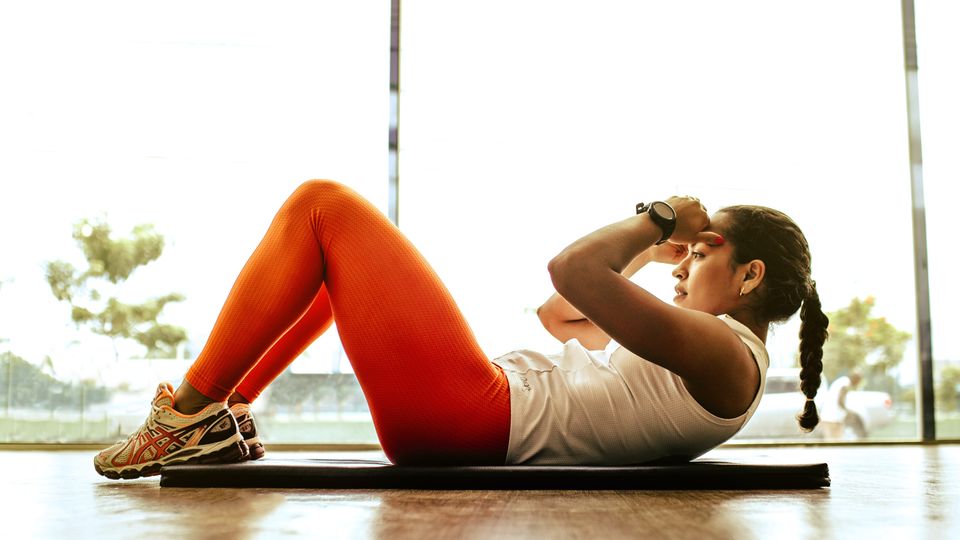Review Finds Menstrual Cycle Phases Do Not Impact Exercise Results
Women are advised on how to eat, how to train, however, much of this advice lacks scientific backing.

Complete the form below to unlock access to ALL audio articles.
In the age of social media, where platforms such as TikTok enable a constant flow of fact-free misinformation to be shared with the masses, it is becoming increasingly important for researchers to investigate online claims—especially those concerning health and fitness. An international team of scientists from McMaster University, Manchester Metropolitan University and the Australian Catholic University in Melbourne conducted a review, published in the Journal of Applied Physiology, focused on advice given to women concerning the menstrual cycle and exercise from over 700 articles.
Technology Networks’ Junior Science Editor Rhianna-lily Smith was joined by Mai wageh and Alysha D'souza in an exclusive interview to discuss their latest paper on the advice given to women during the menstrual cycle and exercise. Credit: Technology Networks.
There is no shortage of advice for women
While women remain underrepresented in exercise physiology research, the researchers argue that this might be attributed to the menstrual cycle, which is often viewed as a confounding variable that complicates research. Women are advised on how to eat, how to train, what supplements to take and how their menstrual cycle should impact each of these decisions. However much of this advice lacks scientific backing.
"Many women are following advice and planning exercises and practices based on some ostensible benefit of menstrual cycle phase-based exercise,” said Stuart Phillips, a professor in the Department of Kinesiology at McMaster University and senior author of the review.
More high-quality research is needed
Phillips and his colleagues used various methods, including a systematic review and meta-analysis and narrative interpretation. They also used data from a previous umbrella review.
They found that women in different phases of their menstrual cycle showed no changes in exercise performance. The cycles appeared unlikely to influence muscular hypertrophy in response to resistance exercise training. However, hormonal levels did vary substantially between women during their menstrual periods and between the cycles of individual women.
"The data suggests that from woman to woman, there are significant variations in estrogen and progesterone, the primary hormones that characterize the phases of the menstrual cycle," said co-lead author Alysha D'Souza, a graduate student in the Department of Kinesiology at McMaster University.
The team also investigated substrate oxidation between menstrual cycle phases and found no difference between phases in the relative carbohydrate and fat oxidation at rest and during acute aerobic exercise. Vascular differences between menstrual cycle phases were also relatively small or non-existent.
An individual approach is required
The review found no evidence to support a general menstrual cycle-based exercise plan.
"You need an individualized approach to training. Track your cycle and your symptoms in each phase and adjust your exercise plan accordingly. There is no one-size-fits-all approach," said Mai Wageh, a PhD candidate in the Department of Kinesiology at McMaster and co-lead author of the article.
The evidence in this research area is still unfortunately limited. However, the consensus view is that the impact of the menstrual cycle on various aspects of physiology is small or non-existent.
The researchers plan to complete further investigations into whether symptoms associated with menstruation are cycle-related or due to other stressors, including lack of sleep, poor nutrition, or work- and relationship-related issues.
Reference: D’Souza AC, Wageh M, Williams JS, et al. Menstrual cycle hormones and oral contraceptives: a multimethod systems physiology-based review of their impact on key aspects of female physiology. J Appl Physiol. 2023;135(6):1284-1299. doi: 10.1152/japplphysiol.00346.2023
This article is a rework of a press release issued by McMaster University. Material has been edited for length and content.




